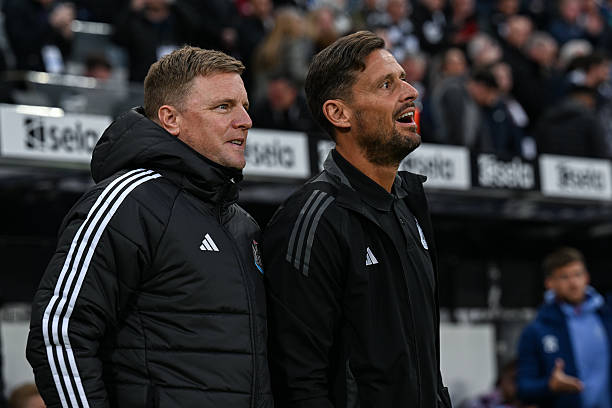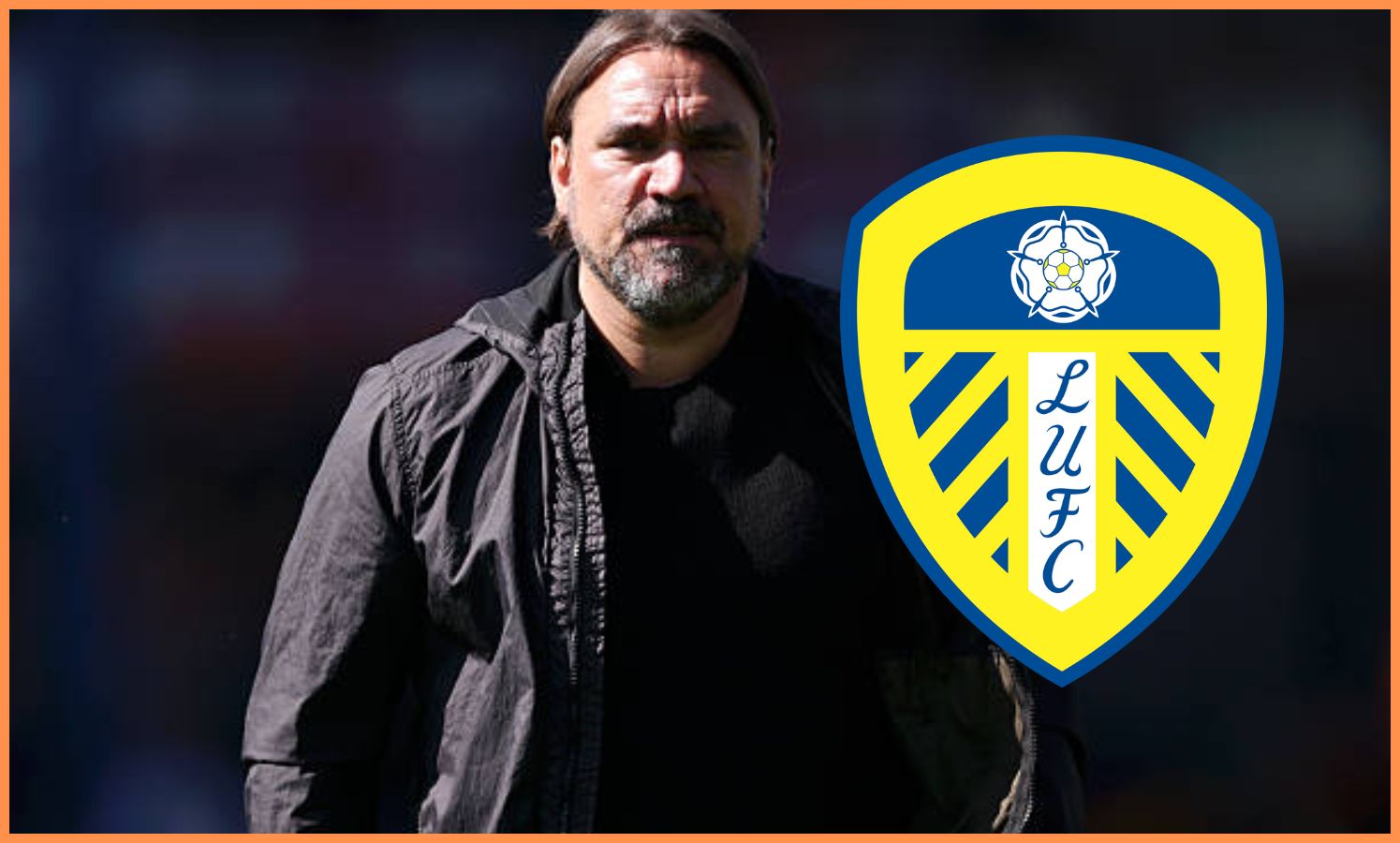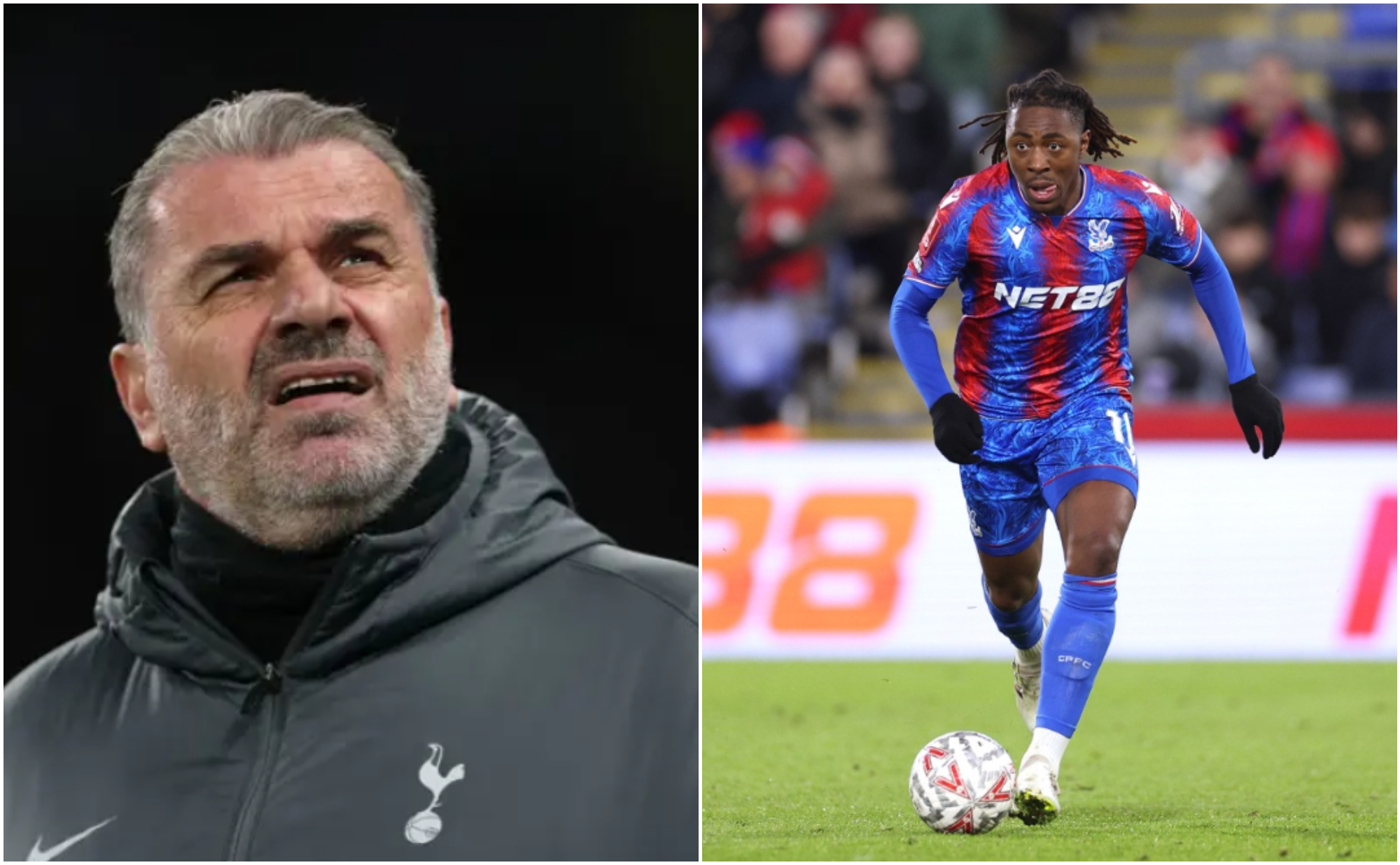Newcastle United are firmly in the hunt for a return to European football, determined to make up for their absence from continental competition this season.
Eddie Howe’s done an incredible job as the Magpies have steadily grown into a top side under the management of the Saudi PIF.
They are having another great season, with the club currently sitting 7th place on 50 points, they remain just two points behind Chelsea in fourth and 7 points behind 3rd placed Newcastle with two games in hand, If they win those two games, they will be just 1 point behind 3rd place Nottingham Forest.
Qualification for next season’s Champions League football is looking like a real possibility. But even if Newcastle fall short in their pursuit of a top-four finish, they have already secured a spot in European competition for next season.
Their recent Carabao Cup triumph over Liverpool guarantees a place in the UEFA Conference League, ensuring that the Magpies will be back playing in Europe for the first time since the 2013-14 season.
UEFA squad registration rules could pose a problem for Newcastle
However, as The Shields Gazette reports, their return to European competition brings new challenges, particularly around UEFA’s stringent squad registration rules.
These regulations, which caused complications during their last Champions League appearance, could once again restrict Newcastle’s squad flexibility.
UEFA allows clubs to register 25 players for European competitions, but the list is split into two categories: 17 players without homegrown restrictions and eight homegrown players. Of the eight, at least four must be developed through the club’s youth system.
This is where Newcastle could face difficulty. Currently, only Sean Longstaff qualifies as a senior club-trained player.
While Joe White is another homegrown option, his loan spell at MK Dons means he is unavailable for the immediate future. With such a small pool of homegrown players,
Newcastle may struggle to meet UEFA’s homegrown player requirements unless the issue is addressed in the summer transfer window.
This suggests that the club’s summer transfer window will be focused on signing homegrown players in order to avoid issues with UEFA.
As the season nears its end, Newcastle’s objectives are twofold: to finish strongly in the league and to prepare intelligently for their European return.
With a busy summer transfer window ahead, the Magpies will need to bolster their squad while ensuring they meet UEFA’s homegrown player requirements.

Navigating the transfer market with strategic growth
Newcastle’s resurgence on the pitch has been mirrored by a significant shift in their off-field operations, particularly since the Saudi PIF’s takeover.
The club’s financial backing has allowed them to invest in top-tier talent and infrastructure, positioning them as one of the Premier League’s most ambitious clubs.
This influx of resources not only supports their push for Champions League football but also strengthens their long-term vision of being a regular contender in European competitions.
One key area of focus has been the club’s youth development system. While current squad registration rules present a challenge, the Magpies have made strides in ensuring a sustainable pipeline of homegrown talent.
Their Academy, now better funded and resourced, has produced promising young players such as Longstaff and White.
As part of the club’s broader strategy, the focus will likely shift toward nurturing more homegrown players who can contribute both to the first team and help meet UEFA’s stringent regulations in the future.
As the summer transfer window approaches, Newcastle will not only need to address the homegrown player shortage but also ensure that their squad can cope with the demands of European competition.
The Magpies will need to strike a balance between signing experienced international talent and developing their youth players, which is key to building a squad capable of competing at the highest level.
About Author
You may also like
-
Man United scouting Pietro Comuzzo amid Arsenal and Chelsea links
-
Virgil van Dijk has decided to leave Liverpool amid PSG links
-
Liverpool must sell Andy Robertson in the summer
-
Liverpool must sell Andy Robertson in the summer
-
Barcelona star labelled as untouchable as Manchester City dealt transfer blow


